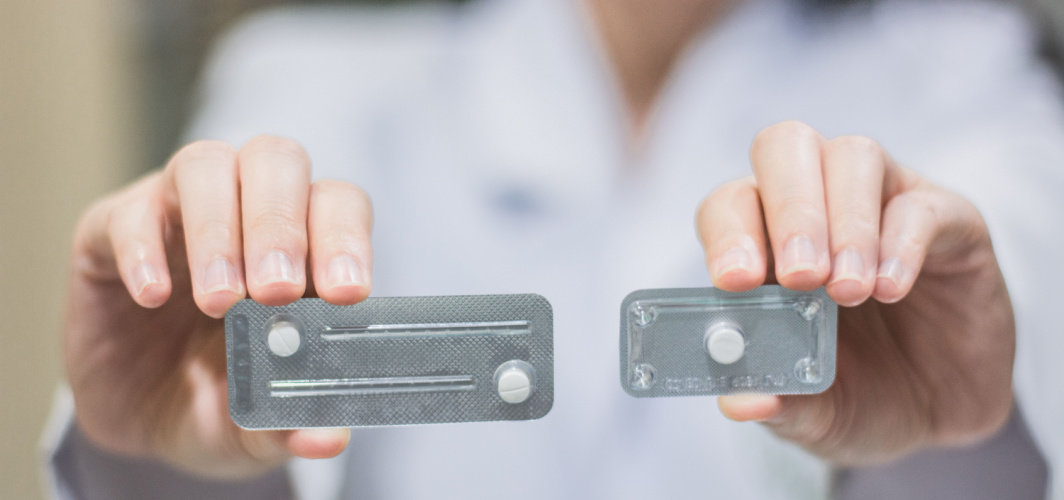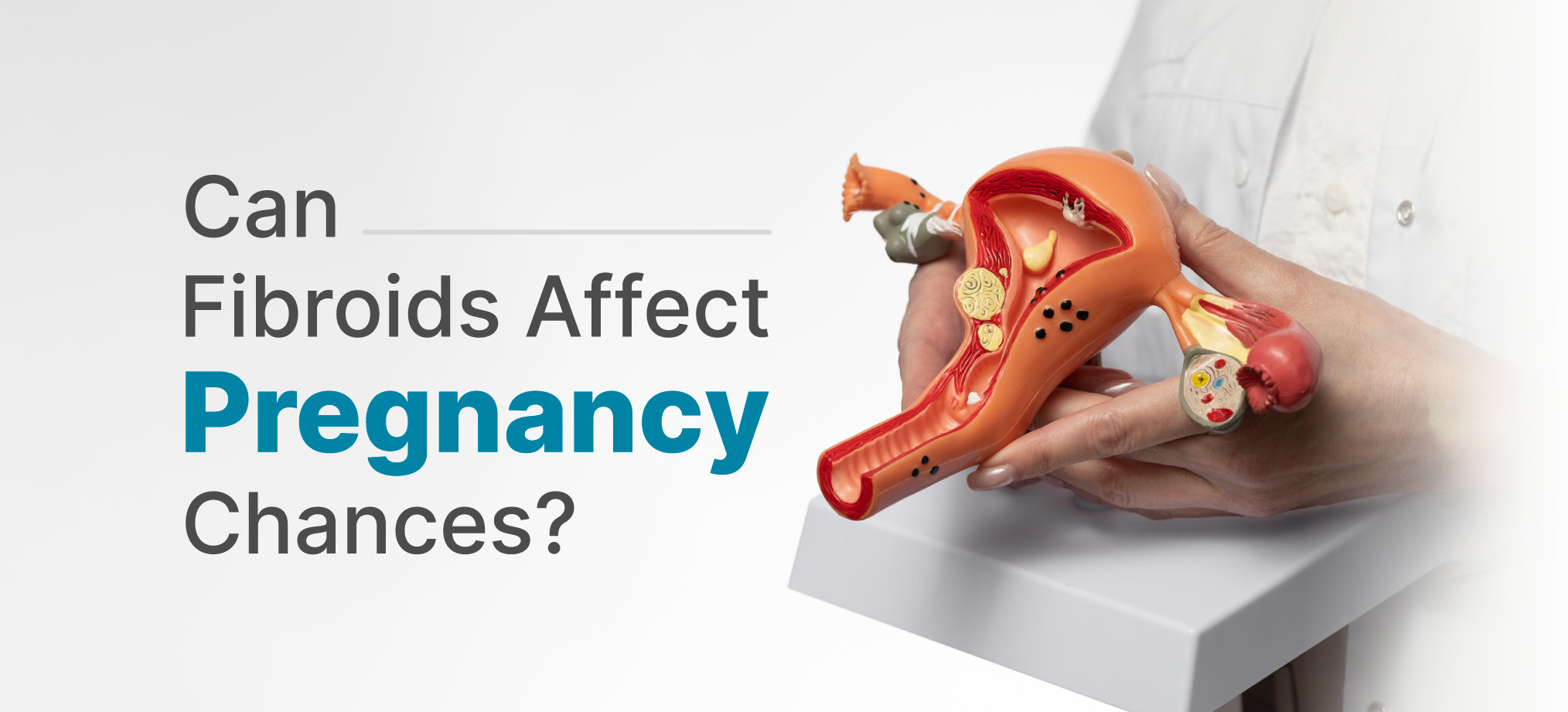- Home
- Blog
- Women Care
Not Just Menopause, These Factors Can Also Cause Vaginal Dryness
Women Care
Not Just Menopause, These Factors Can Also Cause Vaginal Dryness
By Apollo 24|7, Published on- 20 February 2023, Updated on -22 March 2023
Share this article
0
1 like

Vaginal dryness is a common condition that affects the lives of many women. It not only decreases the sexual drive in women owing to possible bleeding or painful sex due to missing lubrication but also leaves the vulva sore and the vagina an easy target for urinary tract infections (UTIs) and yeast infections. So it is a serious matter that requires medical intervention. But what causes vaginal dryness?
While advancing menopause is an obvious reason for vaginal dryness, many other factors can also contribute to this condition. Let's explore the various causes of vaginal dryness and how healthcare providers can better identify and address this common issue, to improve women's sexual health and quality of life.
Causes Of Vaginal Dryness
Here are some of the most common reasons for dry vaginas in women:
1. Menopause
This is, by far, the most common cause of vaginal dryness. During menopause, the body's oestrogen levels decrease and alter the vaginal tissue's elasticity and thickness. This in turn reduces the moisture secreted from the vaginal walls, resulting in diminished lubrication and a dry vagina.
2. Other Medical Conditions
Sjogren's syndrome, an autoimmune disorder, causes inflammation in glands thereby reducing the production of saliva and tears, and in women, it can also affect the gland that keeps the vagina moist thereby leading to vaginal dryness.
3. Medications
Some medications can cause vaginal dryness as a side effect. These include antidepressants, antihistamines, and chemotherapy drugs.
4. Lifestyle Factors
Smoking has been linked to decreased oestrogen levels, resulting in vaginal dryness. Over-cleaning the vaginal area or using certain products can disrupt the natural pH balance and lead to vaginal dryness.
5. Psychological Factors
Psychological factors like stress, anxiety, and depression increase the production of the cortisol hormone and reduce testosterone in your body to reduce sexual desires. Most importantly, these psychological factors won't let your body dispatch enough blood to the vagina to keep it moist.
6. Breastfeeding
Breastfeeding can cause a decrease in oestrogen levels, which leads to vaginal dryness and tightness.
How Is Vaginal Dryness Treated?
There are several ways to treat dryness in the vagina, but most gynaecologists will evaluate the cause before recommending a treatment plan. The common treatment options include:
- Vaginal moisturisers and lubricants: For mild vaginal dryness, medically-formulated, over-the-counter vaginal lubricants and moisturisers can be helpful. Lubricants provide immediate relief during sexual activity, while moisturisers help to restore natural moisture and improve overall vaginal health.
- Hormone therapy: If your vaginal dryness is caused by menopause, hormone therapy with oestrogen may be prescribed. Oestrogen helps restore the natural moisture in the vagina. However, hormone therapy is not appropriate for everyone hence consulting a healthcare provider is essential.
- Lifestyle changes: Implementing lifestyle modifications like quitting smoking or moderating alcohol intake, practising stress management, having a balanced nutritional diet, and doing regular exercises can help improve vaginal health.
Wrapping It Up!
Gynaecologists identify the underlying causes of vaginal dryness through physical check-ups and diagnostic tests for better diagnosis and treatment. The treatment options can range from suggesting over-the-counter lubricants to medications and hormonal therapies. By understanding the various reasons for vaginal dryness and the available treatment options, you can take control of your sexual health and alleviate vaginal dryness.
Consult An Apollo Gynaecologist
FAQs
Q. Is vaginal dryness a normal occurrence?
Vaginal dryness during advancing menopause is a normal occurrence. But if you are experiencing a dry vagina at an earlier stage, it is always advisable to consult a gynaecologist.
Q. What are some natural ways to treat vaginal dryness?
There are no natural ways to treat vaginal dryness but you can infuse lubrication by using natural products like jojoba oil, coconut oil and aloe vera. You can also use water-based lubricants and vaginal moisturisers to reduce dryness. But it is always better to consult a physician before using any of these.
Q. Can you suddenly develop vaginal dryness?
A decrease in the oestrogen levels due to menopause, childbirth, menstruation, or breastfeeding can cause vaginal dryness.
Q. Can stress cause vaginal dryness?
Stress, anxiety and depression can cause vaginal dryness.
Q. How does vaginal dryness feel?
Vaginal dryness can increase irritation and itchiness in the genitals. You may feel soreness, discomfort, and sometimes pain during intercourse.
Consult An Apollo Gynaecologist
Medically reviewed by Dr Sonia Bhatt.
Services
Women Care
Leave Comment
Services
Recommended for you

Women Care
Ensuring Safe Motherhood: How To Take Care Of Pregnant Women?
Pregnant women need a proper diet, adequate exercise, and the right supplements to ensure complete wellbeing. Read on to know more about pregnancy dos and don'ts.

Women Care
I-Pill: Indications, How to Use, Side-Effects
Explore I-Pill's indications, usage guidelines, and potential side effects. Make informed choices about this contraceptive option.

Women Care
Do All Fibroids Need Surgery?
The presence of fibroids, which are benign growths in the uterus, is often undetected in many women. But what are the symptoms that women have that may necessitate their undergoing surgery? Dive in here to find out when fibroids need surgery.
Subscribe
Sign up for our free Health Library Daily Newsletter
Get doctor-approved health tips, news, and more.

